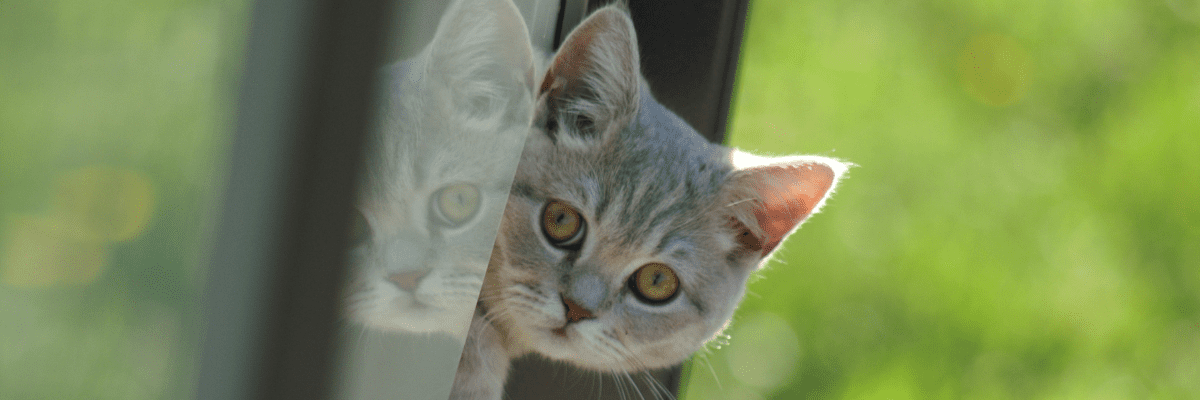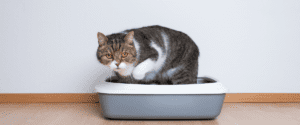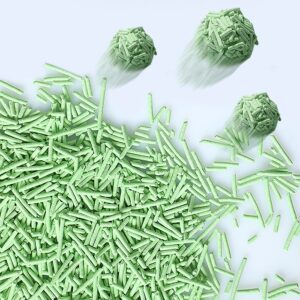Introduction
When it comes to our feline companions, their comfort and well-being are always a top priority. One area where we can make a positive impact on both our cats and the environment is by choosing plant-based cat litter. As conscientious pet owners, it’s important to consider the materials we use for our pets’ needs. In this guest post, we’ll delve into the world of plant-based cat litter, exploring its benefits for our furry friends and the planet.
The Rise of Plant-Based Cat Litter
Traditional cat litters often contain materials like clay, which require extensive mining and processing. The extraction and manufacturing of such materials have significant environmental implications, including habitat disruption and energy consumption. This has led to the rise of plant-based cat litters, which utilize renewable resources to create a more sustainable option for cat owners.
Benefits for Your Feline Friend
- Natural Comfort: Cats are known for their discerning tastes, and plant-based litters often provide a softer and more natural texture under their paws. This can contribute to a more comfortable and stress-free litter box experience for your cat.
- Dust-Free: Many plant-based litters are dust-free or produce minimal dust compared to their clay counterparts. This is especially beneficial for cats with respiratory sensitivities and for maintaining a clean environment in your home.
- Odor Control: Plant-based litters are often effective at controlling odors, keeping your home smelling fresh and pleasant. Some litters also have natural odor-absorbing properties, further enhancing their effectiveness.
- Biodegradability: Plant-based litters are typically biodegradable, meaning they break down naturally over time. This reduces the litter’s impact on landfills and contributes to a more sustainable waste management system.
Benefits for the Environment
- Renewable Resources: Plant-based cat litters are made from renewable materials like corn, wheat, coconut, or pine, reducing our reliance on finite resources and minimizing the environmental footprint associated with extraction.
- Reduced Carbon Footprint: The production of plant-based litters often requires less energy and generates fewer greenhouse gas emissions compared to traditional clay litters. This contributes to a lower carbon footprint and a healthier planet.
- Less Mining Impact: By choosing plant-based alternatives, we can help reduce the demand for clay mining, which can lead to habitat destruction, soil erosion, and water pollution.
- Composting Potential: Some plant-based litters are suitable for composting, allowing you to turn used litter into nutrient-rich soil for your garden. This closed-loop approach minimizes waste and supports sustainable gardening practices.
Conclusion
As responsible pet owners, we have the opportunity to make mindful choices that benefit both our furry companions and the environment. Opting for plant-based cat litter offers a range of benefits, from natural comfort and odor control for your cat to reduced carbon emissions and a smaller ecological footprint. By making the switch to plant-based cat litter, you’re taking a step toward creating a healthier, more sustainable future for your pet and the planet.










